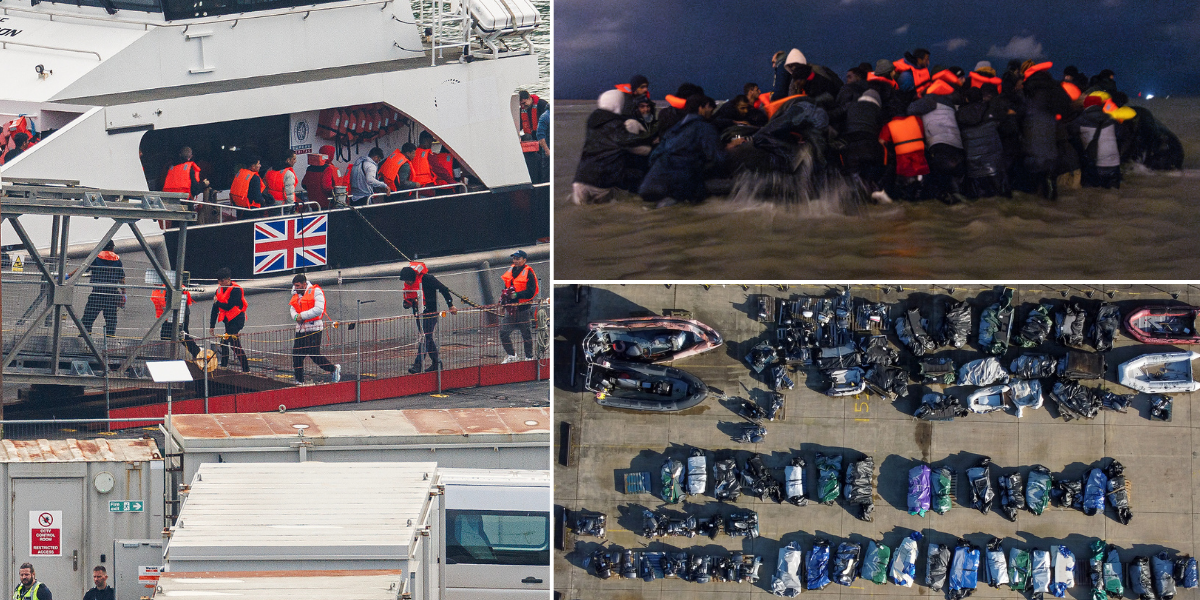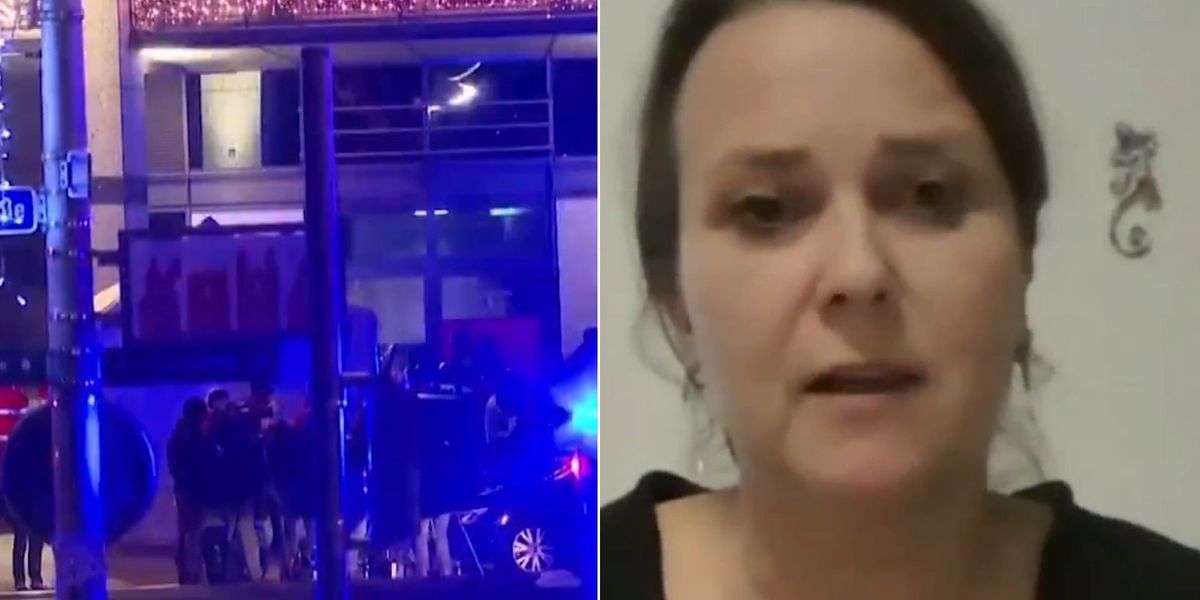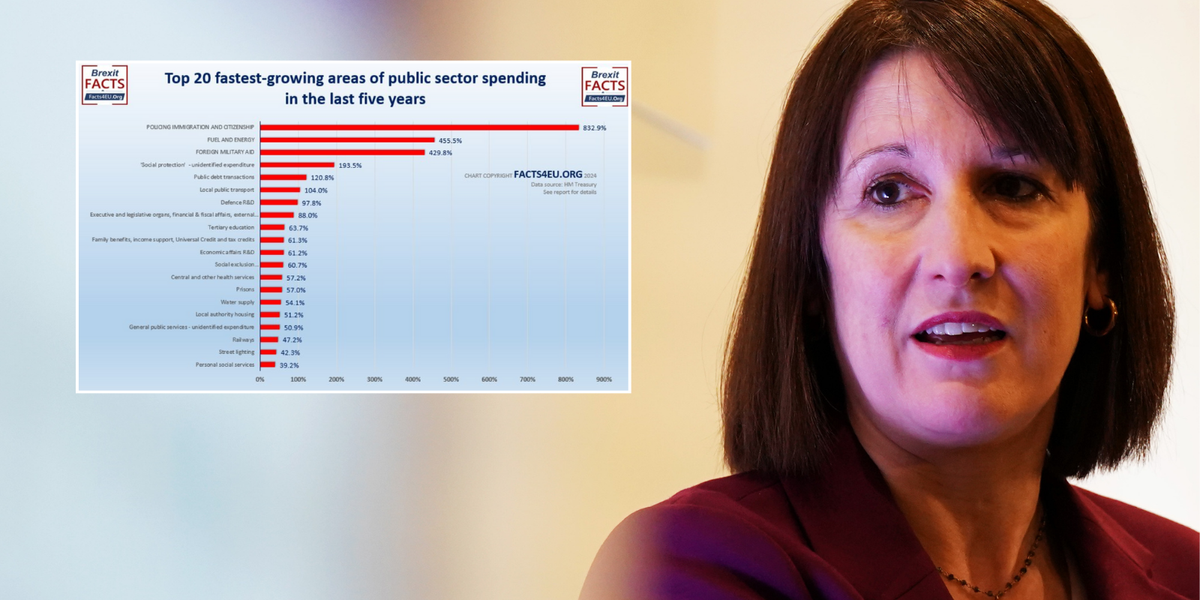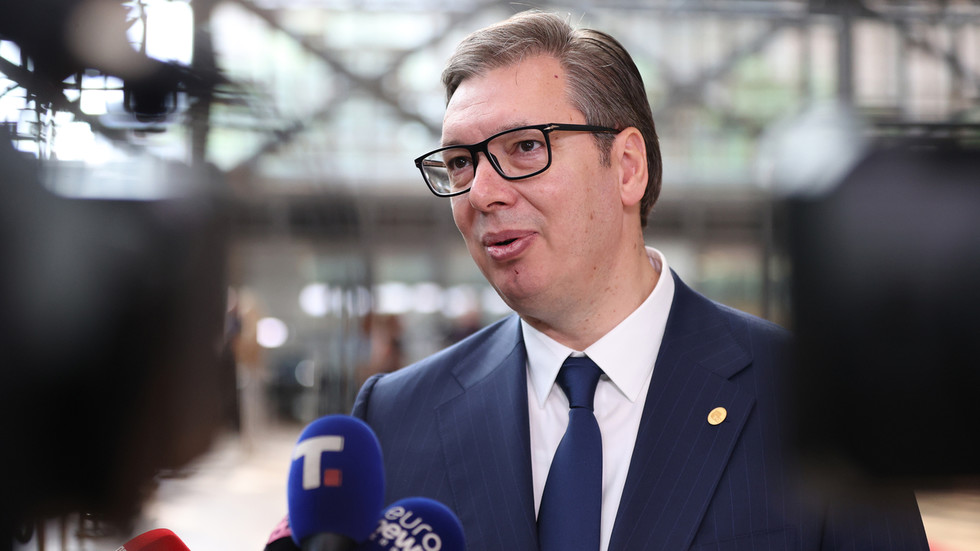The session also reaffirmed the role of NGOs and humanitarian work in Afghanistan and the necessity of helping Afghans who are suffering in the ongoing humanitarian crisis.
By JERUSALEM POST STAFF DECEMBER 21, 2024 13:06 Hosna Salehi, whose family runs a charity called the House of Kindness, writes on a white board as she teaches children inside a classroom in Herat, Afghanistan, October 27, 2024.
(photo credit: REUTERS/Sayed Hassib)
Hosna Salehi, whose family runs a charity called the House of Kindness, writes on a white board as she teaches children inside a classroom in Herat, Afghanistan, October 27, 2024.
(photo credit: REUTERS/Sayed Hassib)
The special envoys and representatives for Afghanistan of several nations met in Geneva on Monday to discuss human rights concerns in Afghanistan, the US State Department said in a statement on Friday.
The countries and entities included Canada, the European Union, France, Germany, Italy, Japan, Korea, Switzerland, Turkey, the United Kingdom, and the United States.
The envoys and representatives expressed "grave concern" over the Taliban's decision to ban women and girls from attending medical training institutions in December 2024.
They noted that the ban would have devastating consequences for all Afghans, especially mothers and infants, and would further destabilize Afghanistan's healthcare system.
"These decisions, which come on the back of the Taliban's 'Law on the Promotion of Virtue and the Prevention of Vice' announced in August 2024, expand upon the already over 80 repressive, discriminatory edicts aimed at excluding Afghan women and girls from education, public, and economic life."
"We call for the immediate reversal of these unacceptable practices and policies," the envoys said.
Along with concerns about laws passed by the Taliban, the envoys discussed recent terrorist attacks in Kabul, calling on the Taliban to tackle terrorist threats from ISIS-K (Islamic State - Khorasan Province).
They noted that some terrorist groups are able to safely reside in Afghanistan and work to carry out both internal and cross-border terrorist attacks, urging the need to act against these threats.
Role of NGOs, aid work in Afghanistan
The session also reaffirmed the role of NGOs and humanitarian work in Afghanistan and the necessity of helping Afghans who are suffering in the ongoing humanitarian crisis, emphasizing women and women-led households, children, and members of ethnic and religious minorities.
Deputy Special Representative for Afghanistan in the United Nations Assistance Mission in Afghanistan (UNAMA), Special Rapporteur on the situation of human rights, Representatives of the World Bank (WB), and the Organization of Islamic Cooperation (OIC) participated in the meeting as observers.

 By The Jerusalem Post (World News) | Created at 2024-12-21 11:20:09 | Updated at 2024-12-21 16:19:56
5 hours ago
By The Jerusalem Post (World News) | Created at 2024-12-21 11:20:09 | Updated at 2024-12-21 16:19:56
5 hours ago








